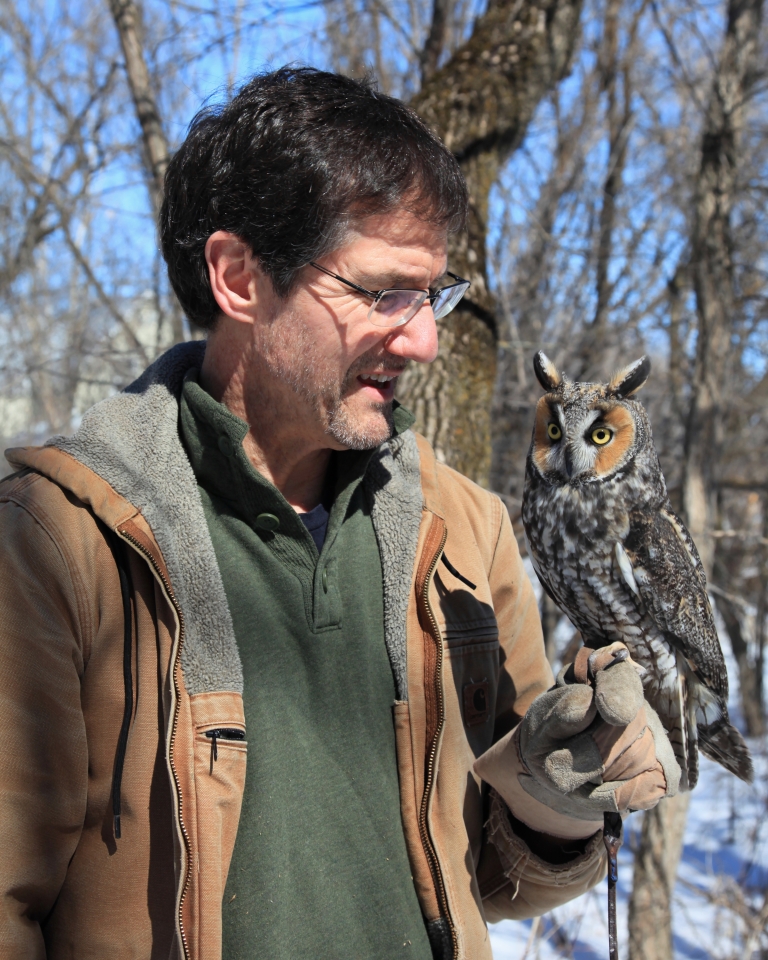If you’ve ever whipped up a nonsense paper in a panic during the wee hours of the morning to meet a deadline, you might have produced something very similar to Manitoba’s Conservative party. The party’s Kirkfield Park candidate and incumbent MLA Kevin Klein pledged in a release on Sept. 25 that his party, if re-elected, would “crack down” on street racing.
For voters concerned with skyrocketing grocery prices, rent spikes, and a health-care system the Tories have actively eviscerated, street racing came out of left field.
The Progressive Conservatives (PC) could very well have picked the cause by pinning a list of random pet peeves to a dart board, covering one eye, baseball-pitching a butter knife in that direction and picking whatever the thing hit to be the issue of the day. Considering how last-minute the release was — landing in my inbox just a week before the election — it seemed as if the PCs were scrambling to find a foothold with the electorate.
As stunningly random as this topic is to focus on, the way Klein pledged to tackle the issue is representative of the general structure of conservative politics: conservatism is often reactionary and devoid of principles.
Reactionary means what it sounds like. Usually, the reactionary thought process is that a certain phenomenon presumably didn’t always exist, but it does now, and we must squash it rather than think about why it arose and address it at the root. Reactionaries do not approach a problem with the goal of preventing it. Reactionary politics prioritize resisting change because it is change, not because there is evidence that the change is bad.
Being anti-street racing is the pinnacle of reactionary politics. The issue itself is hyper-specific and isolated, solutions the PCs are proposing are inconsistent with the party’s general approach to public policy and they do very little to actually prevent the issue from happening in the future.
In a commitment to this new cruising crusade, Klein did pledge one million dollars on enforcement measures — sort of. The money will go to installing cameras to “identify high-speed offenders” and “monitor noise levels.” This is on top of the $13.7 million increase the PCs already promised to plump up municipalities’ policing budgets around the province.
While investing in punitive measures is consistent with the PCs’ general approach — their whole campaign this election cycle involved plastering pictures of angry cops on ads — the amount of money they’re promising to invest is not. The PCs famously cut money back from environmental protections, transit, education and the arts.
In another gloriously lukewarm move, according to Klein’s release, the PCs pledged to spend over $100,000 “to launch a public education campaign to help inform the public of enforcement measures and to promote safer alternatives like the Interlake Dragway.”
Ironically, encouraging people to do the activity elsewhere is a form of harm reduction. The PCs’ have opposed harm reduction measures like safe consumption sites for years and instead ran an election campaign with threatening bus benches covered in burly cops. The ominous threat of getting beaten up for doing crimes doesn’t jell with harm reduction for the most part.
Yet, by inventing a problem — street racing — the PCs have clearly shown that they can acknowledge that some people are just going to do certain things no matter what, and there is value in providing them with safer places to do them.
But the Dragway is only open from 9:30 a.m. to 5:30 p.m. on weekends, so unless some of that $1.1 million investment is directed toward expanding Interlake’s hours, this is not a solution.
On the heels of claiming Indigenous ancestry and getting contradicted by everyone, including his own brother, Klein’s release smells of desperation. The proof lies in the PCs’ sudden appeal to respecting elderly voters. Quoting PC candidate for Assiniboia Scott Johnston, the release read, “Seniors are being kept up at all hours of the day by these street racers. It’s disrespectful and dangerous.”
Vehicle noise is no small annoyance. I wrote an article about the politics of noise earlier in September. My day is disrupted by loud vehicles all the time. It makes me want to throw myself on my floor, crying and punching the carpet, but I can’t disturb my downstairs neighbours.
The Tories’ release does not address the root causes or potentially negative consequences of noise pollution. Nor does Klein really suggest measures to cut down on people’s exposure to noise altogether.
There is a problem with city design in North America that makes streets here viable racetracks. Streets are designed for speed in Winnipeg, to serve as smooth and unobstructive passages for cars. They are not designed for pedestrians’ and cyclists’ safety, and they are not designed to discourage noise.
If reducing vehicle speeds is the goal, there is actually a very easy solution to force cars to slow down: redesign streets. Narrower and more winding roads serve as natural ways to make drivers slow down.
We’ve reached the point where the PCs are invoking nebulous ideas like respecting old people because their voting base will have an easier time gnawing on whatever reactionary hot-button wedge issue than they would thinking about how to consistently apply their beliefs across the board. Let’s face it, the PCs’ are spineless. The only belief conservatives have is that you’re behaving badly and you should fist-punch a car in the name of Manitoba if it makes you feel better.





